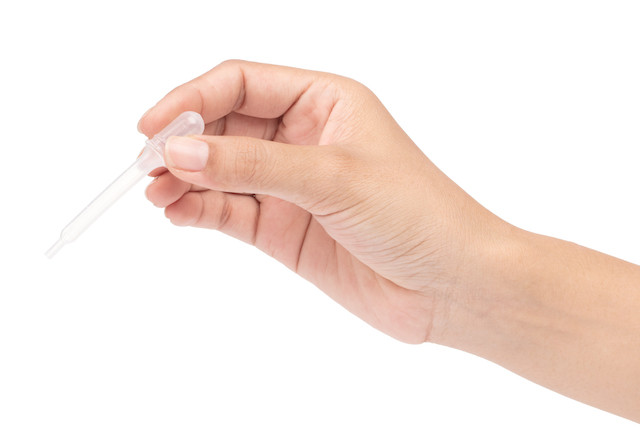The team--comprised of Jennifer Michael (17), Anna Batmanova (18), Kajal Karki (19)--presented this April during the Moscow-based (virtual this year) Step Into the Future international competition, which brings together around 1,000 young researchers and hundreds of teachers and other experts.
The last weekend of March also gave them time to prepare and get feedback, as they participated in the 50th National Jonk Fuerscher (Young Scientists) Contest, hosted by the foundation of young scientists in Luxembourg (FJSL).
The idea behind their project is to genetically modify E-coli to code for specific enzymes that can break down plastic.
All three of the young participants have a desire to improve sustainable practices--they’ve even been in touch with the FJSL post-competition to ask them to hold their sponsors to better account when it comes to plastic freebies in event goody bags. (A spokesperson from FJSL confirms they are working on this.)
But the heart of the science project came from Kajal. Jennifer explains: “She was working as an intern in the University of Luxembourg and saw how much plastic was being used with the pipettes... she got the idea on how we could help reduce this plastic waste.”
Anna, who was also part of the Scienteens Lab through the Uni, adds, “When we came back to school to do these experiments with the same equipment, they told us not to throw anything out and just wash it.” (It is worth noting, however, that the possibily of replacing single-use items may vary significantly, depending on labs, costs, policies, etc.).
The three became interested in how they could help make a difference with plastic waste, but this year’s project is just theoretical, as they’ve been hindered by the health crisis to do normal lab experiments.
The conclusion of their work thus far is that the use of microorganisms can indeed be a solution to curb plastic pollution, but disadvantages to their project are that the application would only apply to PET plastics specifically, and the fact that the process is still “too slow”.
“Sometimes as enzymes work, they can take forever to break down something, either because of the surface area or other reasons we don’t know,” Anna explains.
“Also because of the temperature, and what works in a warmer country wouldn’t work in Luxembourg,” Jennifer adds.
Forward-looking, the team hopes to actually carry out the experiments. If successful, such work could have implications for a broader range of plastics, they hope.
No shortage of STEM interest
The three young women are each entering studies in a different medical field as they begin uni but hope to reconvene in their spare time to do hands-on research, partnered with a Luxembourg laboratory.
“I’m really interested in pediatrics at the moment because my sister is disabled, so ever since a young age I was her [main] caregiver, after our parents,” Jennifer says.
Kajal is planning on studying dentistry to eventually work on oral health awareness campaigns in rural areas across different countries. Anna, meanwhile, is concentrating on neuroscience yet leaving her options open. “Medicine is such a broad subject, which is why I chose to study it... I [also] had a mentor from the ministry of health who studied medicine and assured me that you’ll never regret studying [it] because of the experience and how much you study from different fields.”
But the project leaders say there’s no shortage of girls--or youngsters, for that matter--interested in science amongst their cohorts. As Anna puts it, “The girls really love science.”
